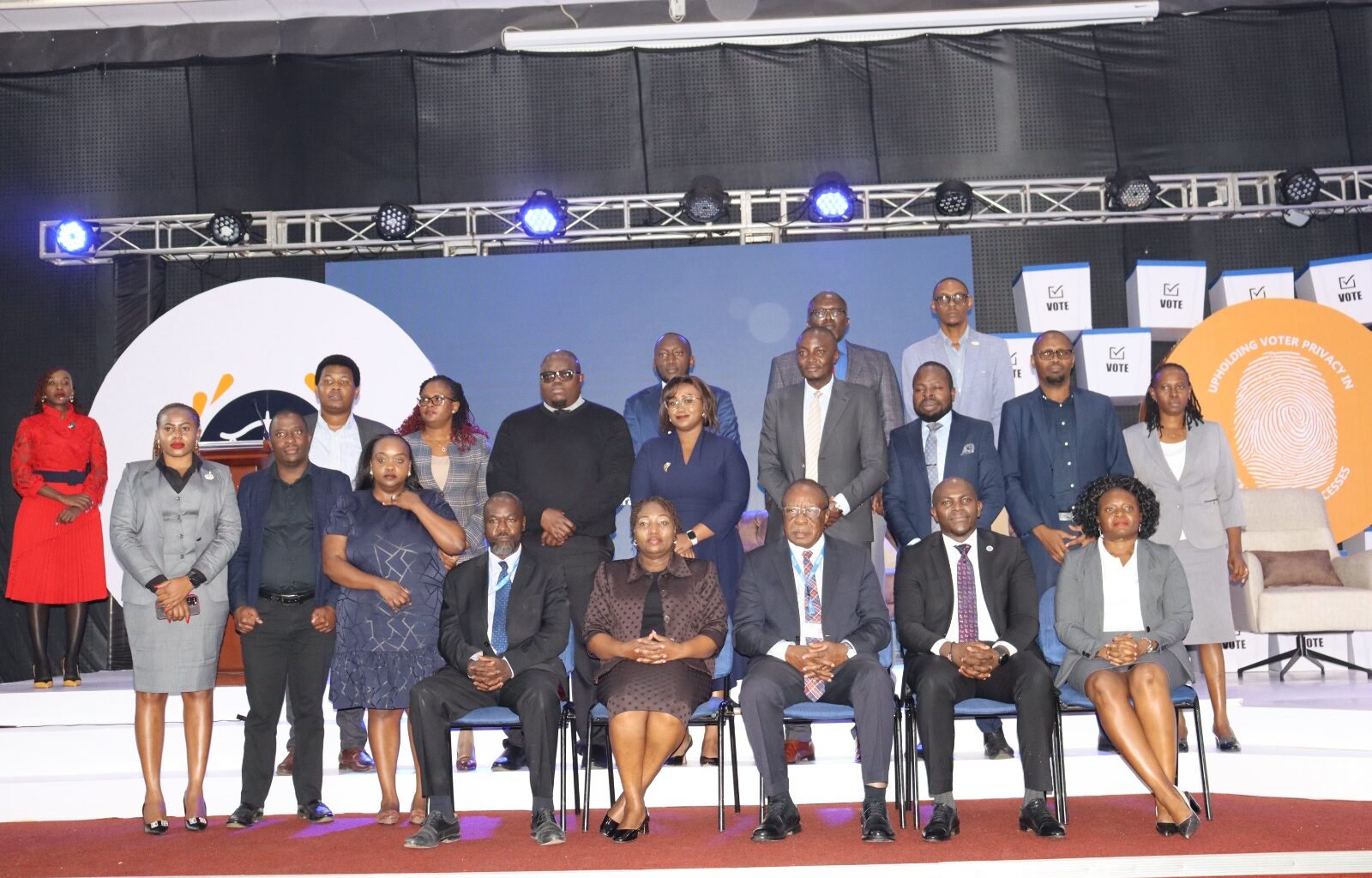NAIROBI,Kenya – The International Commission of Jurists, Kenyan Section (ICJ Kenya) and the Unwanted Witness of Uganda kicked off in earnest the privacy pre- moot court competition at the Daystar University in Nairobi.
The competition is an annual inter-university event organized by Unwanted Witness which aims to steer discussions and legal discourse towards data protection and privacy within electoral processes.
Kicking off proceedings, ICJ Kenya Programme Manager Julie Wayua Matheka in her introductory remarks, hailed this year’s theme: “Safeguarding Electoral Integrity: Upholding Voter Privacy in Democratic Processes,”as timely as it reiterates the pressing need to prioritize voter privacy in democratic systems.
“Africa has had a busy election calendar in 2024, with 19 countries slated for presidential or general elections. Two-thirds of these elections are packed into the last quarter of the year. In the next few months we will have elections in Botswana, Namibia, Somaliland, Ghana and South Sudan amongst others. Many of these countries will deploy technology for one purpose or another,” said Matheka.
ICJ Kenya acknowledges that Elections are increasingly becoming technology-driven in all parts of the election cycle. Election Technology, including digital solutions (collectively referred to hereinafter as Election Tech), is already used in different phases of the electoral cycle by election management bodies (EMBs), voters, political parties, electoral justice actors, media, and others.
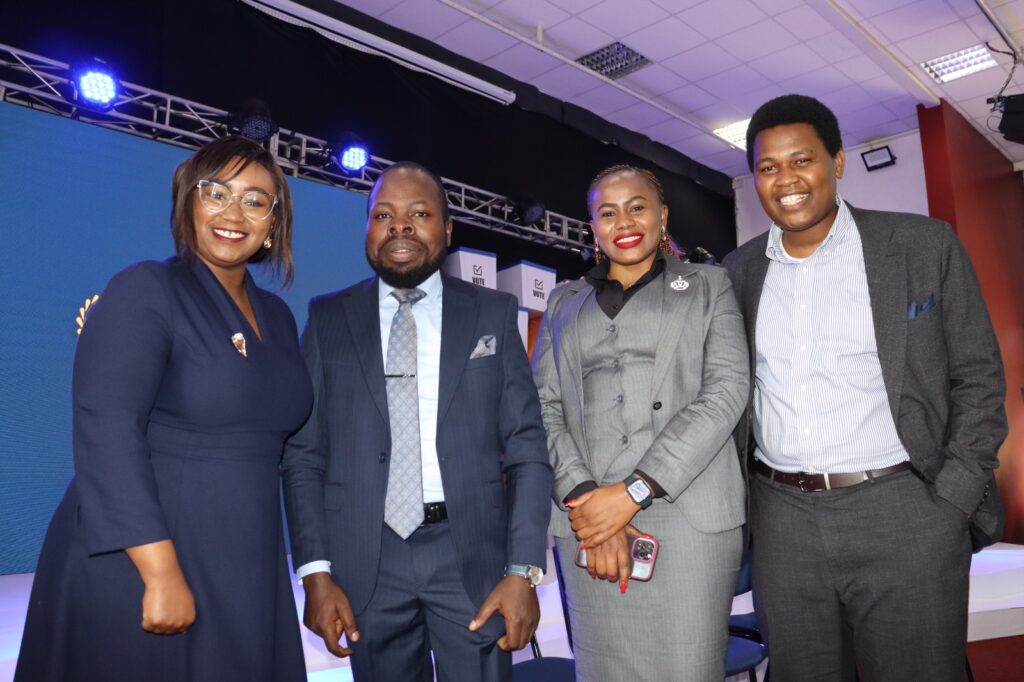
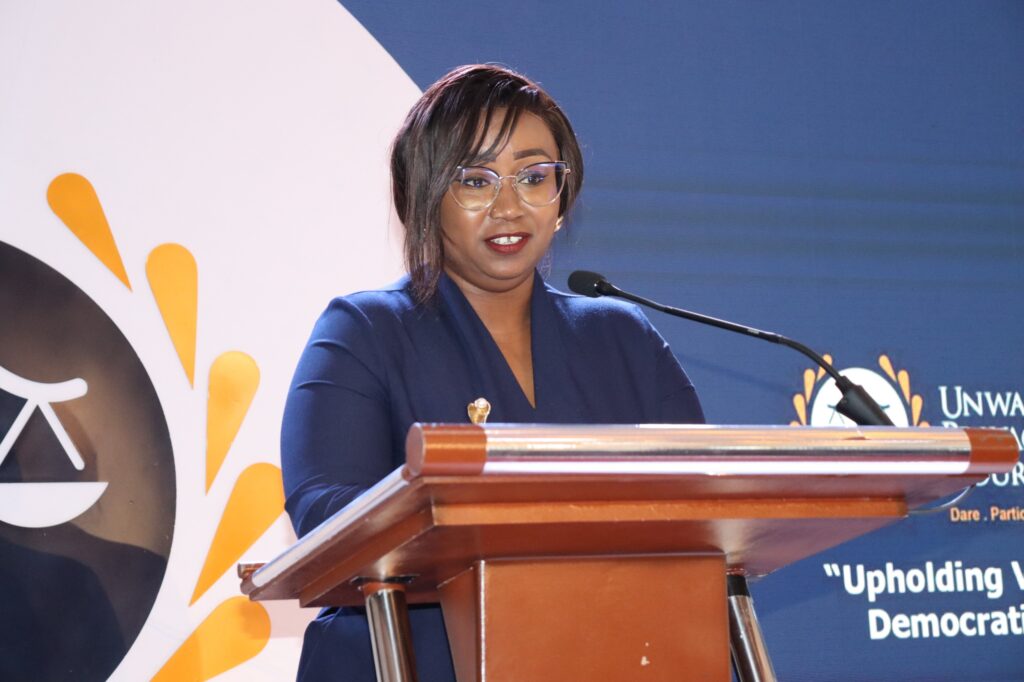
“In the run-up to the 2022 elections in Kenya, Smartmatic International (the company awarded the tender to supply the technology to be used in the 2022 elections) and one of its employees became a household name. There were rampant allegations of tampering of the election management system however the allegations were not sufficiently proven. However, whereas one might get an authoritative answer from technology experts for most lay persons – The election was rigged by those who have the know how to manipulate the system. Therefore, technology in elections must be transparent, backed up by legal and policy underpinnings and procedures to build and maintain the trust so integral to the election process. The vacuum of misunderstanding about technology, compounded by political disinformation and misinformation, can sow distrust in the electoral process, the exact opposite outcome that the employment of technology in elections is trying to achieve.” She observed.
Electoral tech and its attendant dispute-resolution mechanisms have been mostly explored separately in global discourse, and the critical intersection has been ignored. Increasingly scholarly works across the continent are leaning toward the Judiciary becoming a key election body. The Judiciary is often the last line of defence and final arbiter in many contentious issues that I am sure the able panelists will delve into.
“I am therefore delighted that the Unwanted Witness Privacy Moot Competition will serve as a platform for universities from Uganda and Kenya to engage in the rigorous legal discourse surrounding privacy issues within electoral processes. As ICJ Kenya we have attempted to develop content on electoral matters. Said Matheka who further noted, “We have developed a compendium of decisions from the 2007, 2013, 2017 elections and we are about to launch the 2022 Election Compendium next week. As an institution devoted to research and advocacy on Electoral issues, we believe that this partnership will be one of many to come and thank Unwanted witness for this collaboration.”
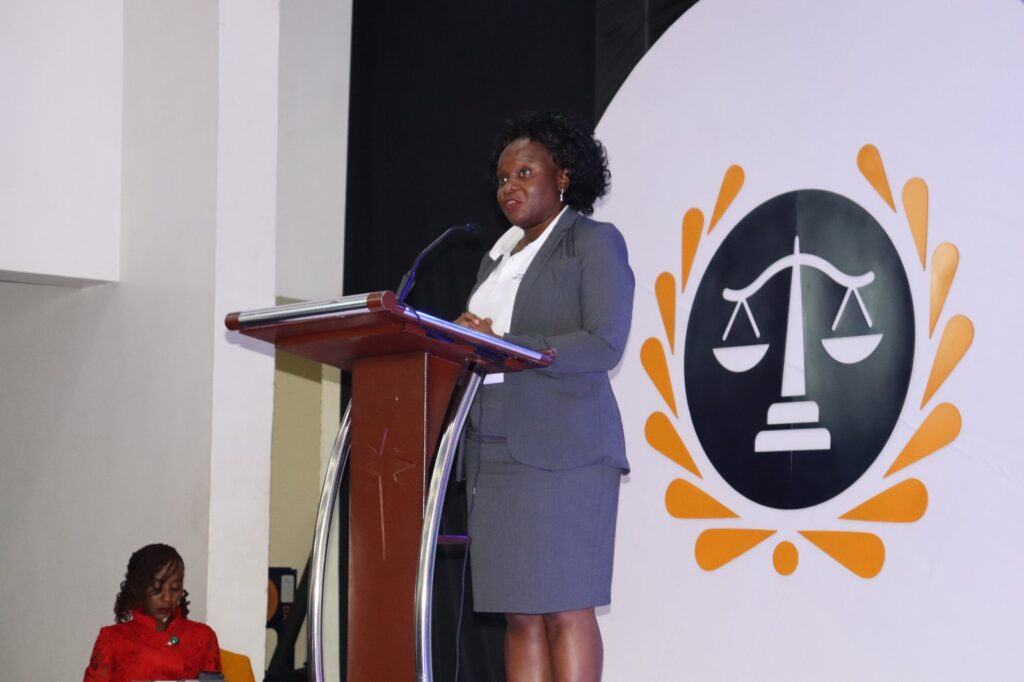
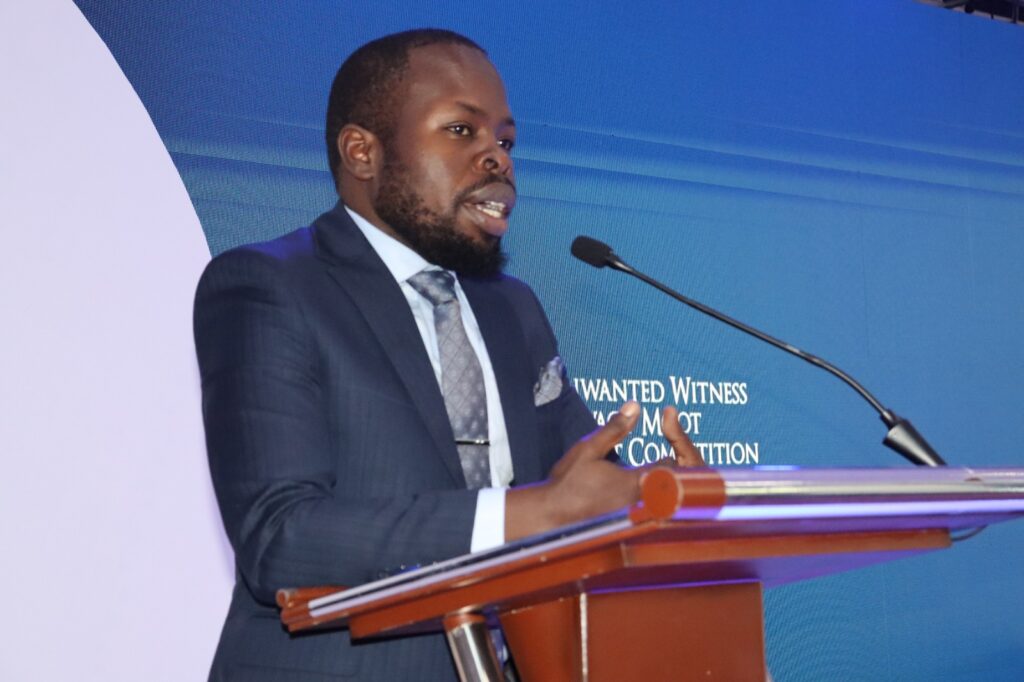
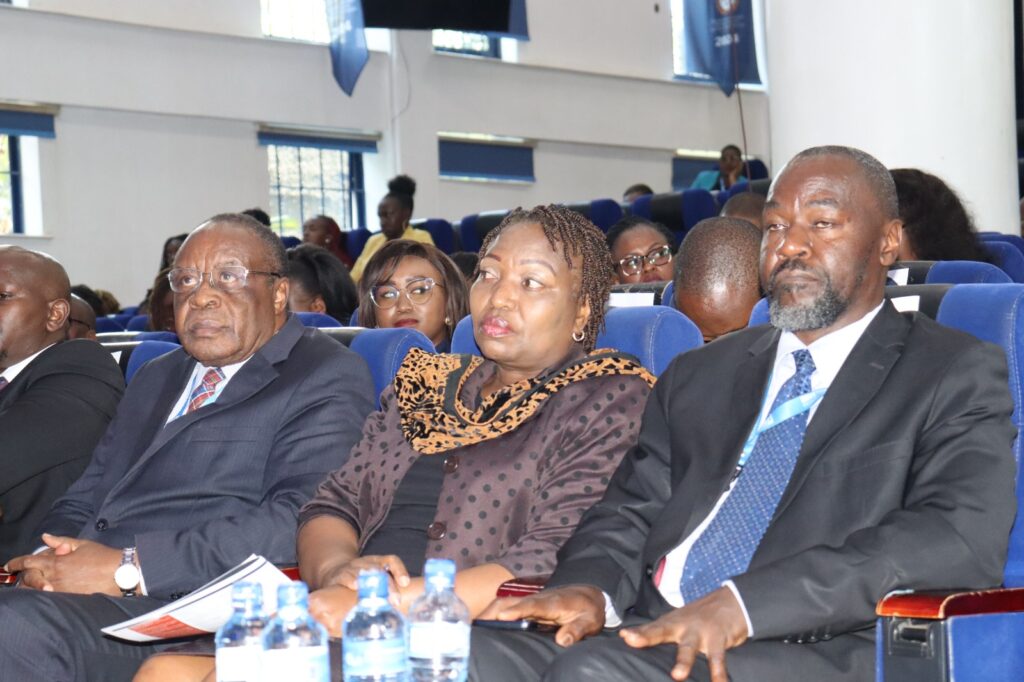
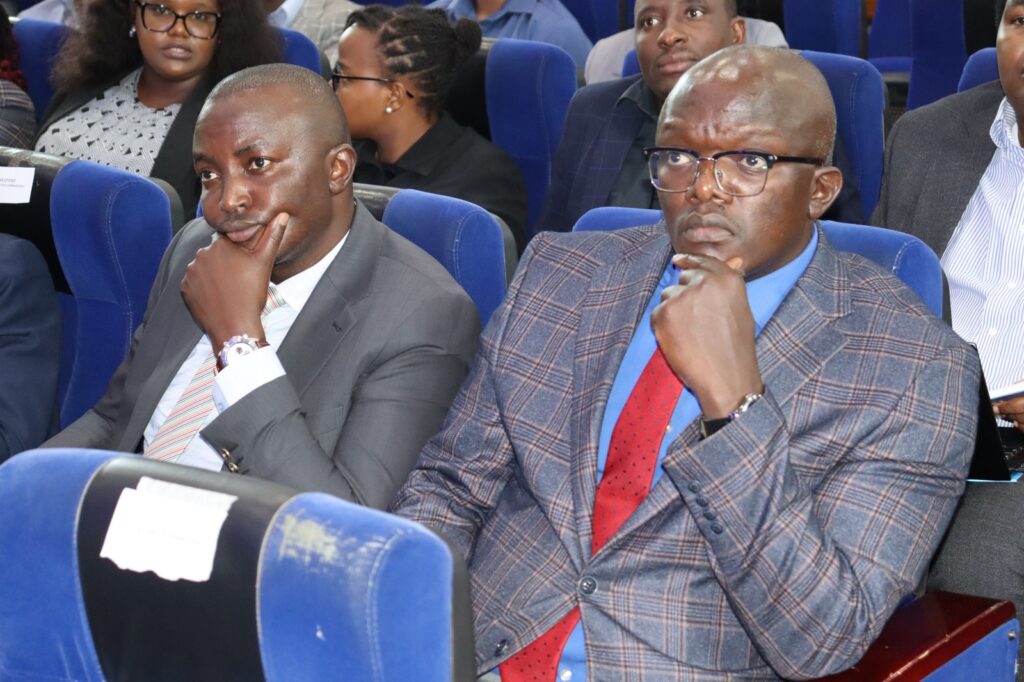
Daystar University Vice Chancellor Prof. Laban Ayiro meanwhile expressed hope that participating teams would enhance their teamwork during their experience at the moot court competition.
“As Daystar university we would not be truly fulfilled without a strong school of law. I hope that the competition will provide students with exposure to legal issues, enabling them to grow as young legal minds.” Said Prof. Ayiro.
Sempala Allan Kigozi, the head of legal at Unwanted Witness also noted that it is critical to analyse the role and responsibilities of stakeholders in respecting the right to privacy within the established legal framework for data protection.
“Now that we have offices and laws, it is high time parliament amend election laws to include privacy safeguards. Once this is in place in election management laws, then you are guaranteed to have a good process that will uphold democracy.” Said Kigozi.
“As the law society of Kenya we support this exercise that foremost seeks to educate young people on the importance of privacy and the data given during elections. This moot court competition will bring bear the importance of privacy and I’m happy IEBC and the office of the data protection are taking part in this event.” Said Hosea Manwa, council member general membership representative.
Under this year’s theme of safeguarding electoral integrity: upholding voter privacy in democratic processes, notable delegates drawn from the East Africa law society, Law society of Kenya, the independent electoral and boundaries commission (IEBC), Office of the registrar of political parties and the officer of the data protection commissioner reiterated the significance of the event further noting that, upholding voter privacy not only safeguards individual rights but also ensures legitimacy and fairness of elections.
The competition kicks off with a pre-moot conference for stakeholders at Daystar University Nairobi Campus on 12th September, 2024, setting the stage for a series of preliminary rounds. Ugandan teams will compete in Kampala on September 16, 2024, while Kenyan teams will face off in Nairobi on September 13, 2024. The top four universities from each country will advance to the quarter-finals, scheduled to take place in Nairobi on September 19, 2024. The grand finale, featuring the semi-finals and finals, will culminate on September 20, 2024, at Daystar University Nairobi Campus.
This year’s champions will not only claim a prestigious trophy but also receive a cash prize of $1,000 and a fully paid trip to attend the 6th Privacy Symposium Africa. The competition underscores the critical role of privacy in safeguarding democratic principles and underscores the commitment of both Unwanted Witness and ICJ-Kenya to advancing human rights and justice in the region.





